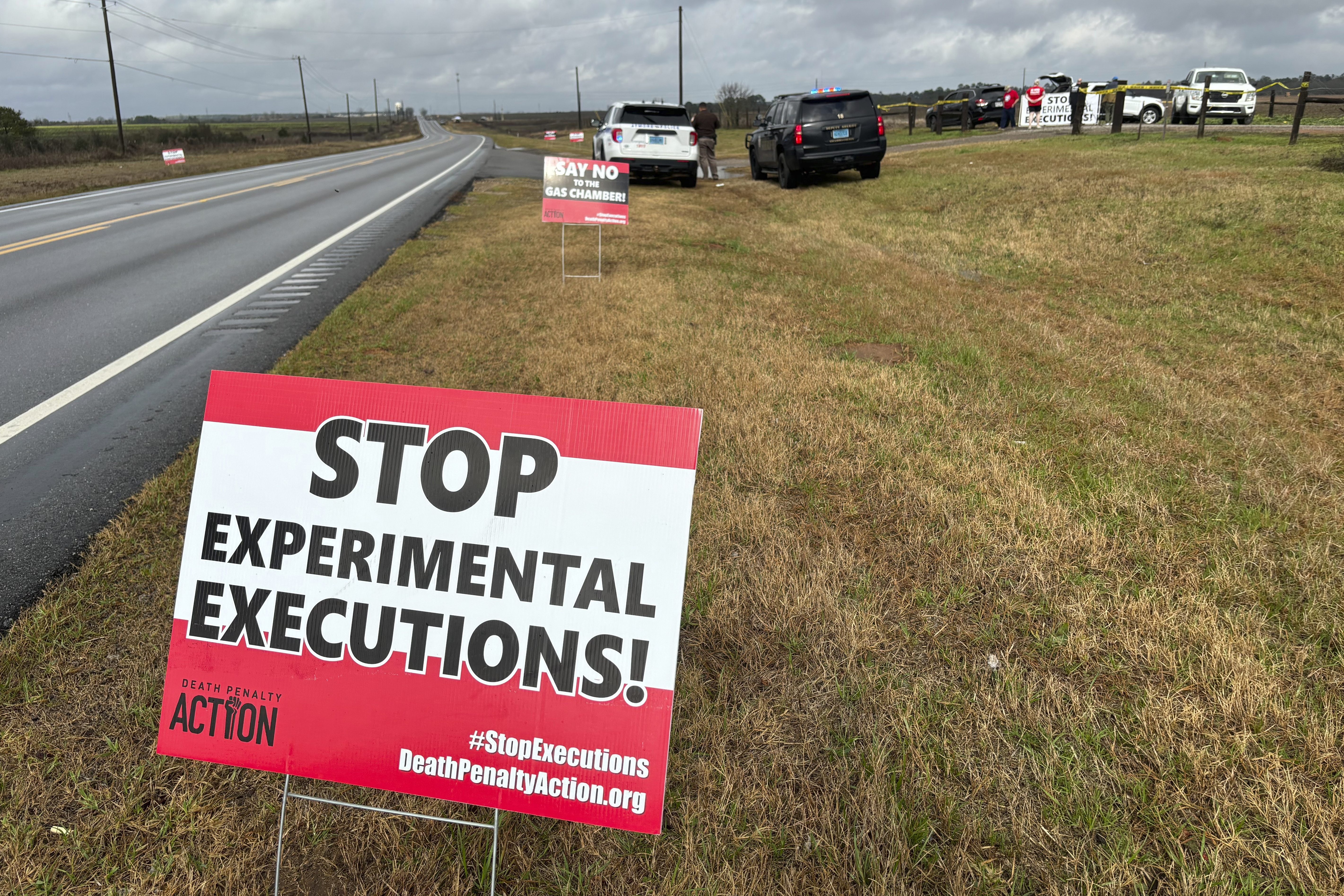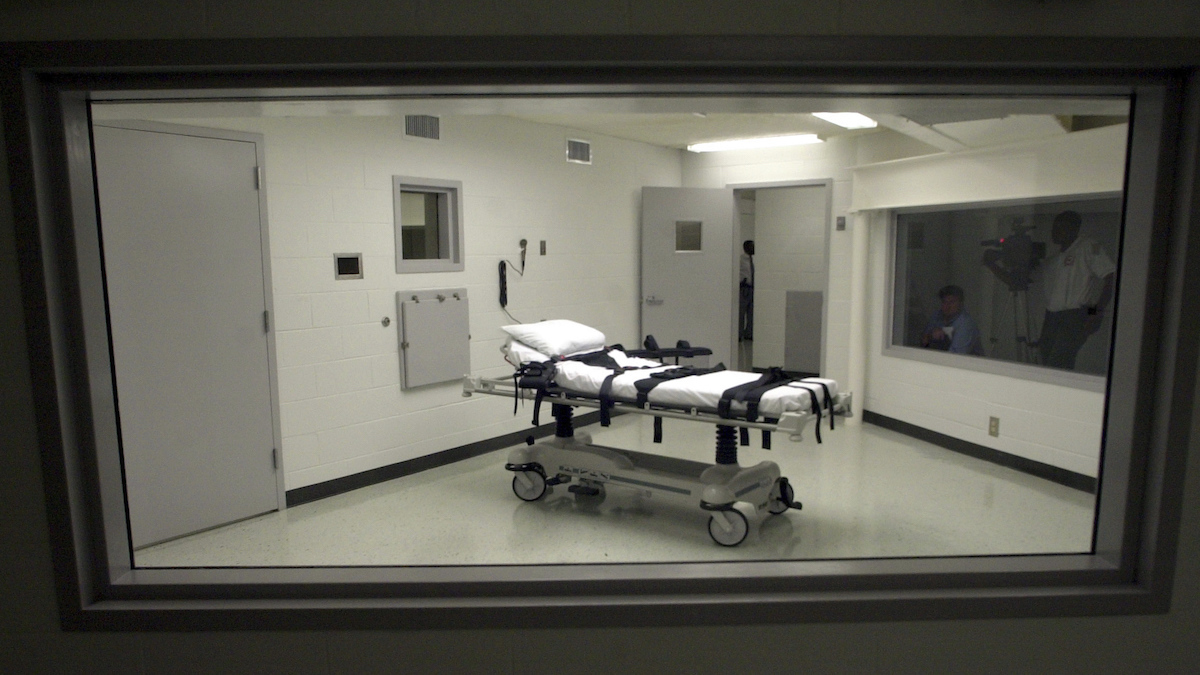
Louisiana's infamous electric chair — dubbed by death row inmates as “Gruesome Gertie” — was last used for an execution in 1991, when the state moved to lethal injections as the sole method to carry out capital punishment.
However, like other reliably red states that have seen executions stall, Louisiana lawmakers are looking to expand its methods to carry out the death penalty. The Deep South state is exploring adding the newest execution technique of oxygen deprivation using nitrogen gas, which was used in Alabama last month, and bringing back electrocution.
Watch NBC6 free wherever you are
>Over the past couple of decades, executions in the United States have vastly reduced — in part because of legal battles, a shortage of lethal injection drugs and declined support in capital punishment leading to a majority of states to either abolish or pause carrying out the death penalty.
Get local news you need to know to start your day with NBC 6's News Headlines newsletter.
>In Louisiana, around 60 people currently sit on death row but an execution has not occurred since 2010. However, between a new conservative governor and the nation’s first execution using nitrogen gas, there has been a renewed push to find alternatives to lethal injection. Ahead of Louisiana’s short crime-related legislative session that begins next week, state Rep. Nicholas Muscarello, a Republican who chairs the House’s Civil Law and Procedure Committee, filed a bill that proposes adding nitrogen gas and electrocution to the list of authorized methods.
A handful of states have already sought to include additional options, such as firing squads. Most recently, Alabama used nitrogen gas to put to death a convicted killer in January — marking the first time a new execution method had been used in the United States since lethal injection was introduced in 1982.
The idea of using of nitrogen gas for executions is gaining traction elsewhere in the country. The state of Oklahoma already has a law authorizing the use of nitrogen gas, as does Missouri, and some others including Nebraska have introduced measures this year to add it as an option.
“States around us are finding ways and methods in order to execute those who have been tried, and convicted, and sentenced to death,” Louisiana’s Republican Gov. Jeff Landry during a press availability last month, without specifying what methods he would support.
While exploring the use of nitrogen gas has come as no shock to political experts Louisiana, reinstating electrocution has surprised some. Today, only eight states allow for electrocution — however, seven of them have lethal injection as primary method, according to the Death Penalty Information Center. Likewise, lethal injection would be the preferred method in Louisiana, based on the bill.
South Carolina’s current execution law requires inmates to be sent to the electric chair unless they choose a different method.
Supreme courts in at least two states, Georgia and Nebraska, have ruled that the use of the electric chair violates their state constitutional prohibitions against cruel and unusual punishment.
The exploration of additional methods on the books in Louisiana has caused many to wonder if the state will soon resume executions.
Landry says he is committed to upholding “contractual obligations” between the state and victims’ families after a death sentence has been handed down in court. The governor's favoritism for the death penalty is the opposite of his predecessor, a Democrat who wanted to see capital punishment abolished.
Louisiana's special session, which begins Monday, also included bills that include restricting parole eligibility, harsher penalties for some crimes and publicizing some juvenile court records.



